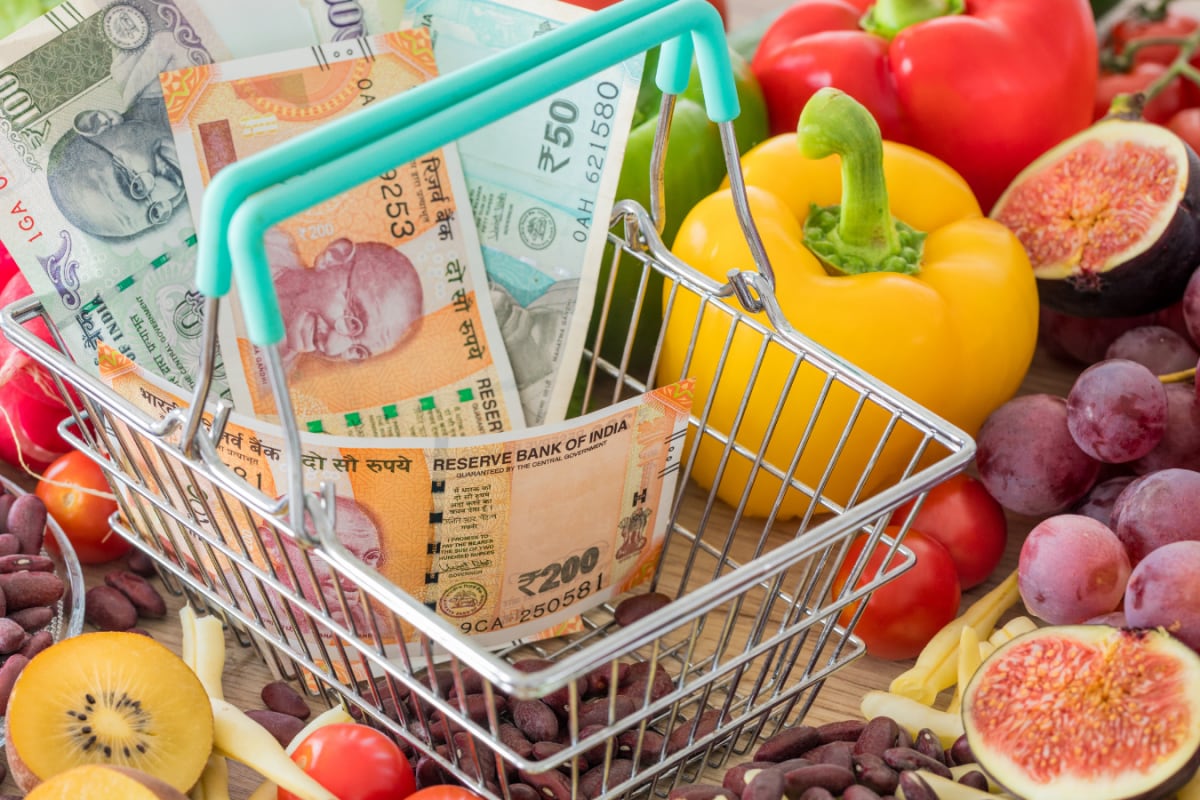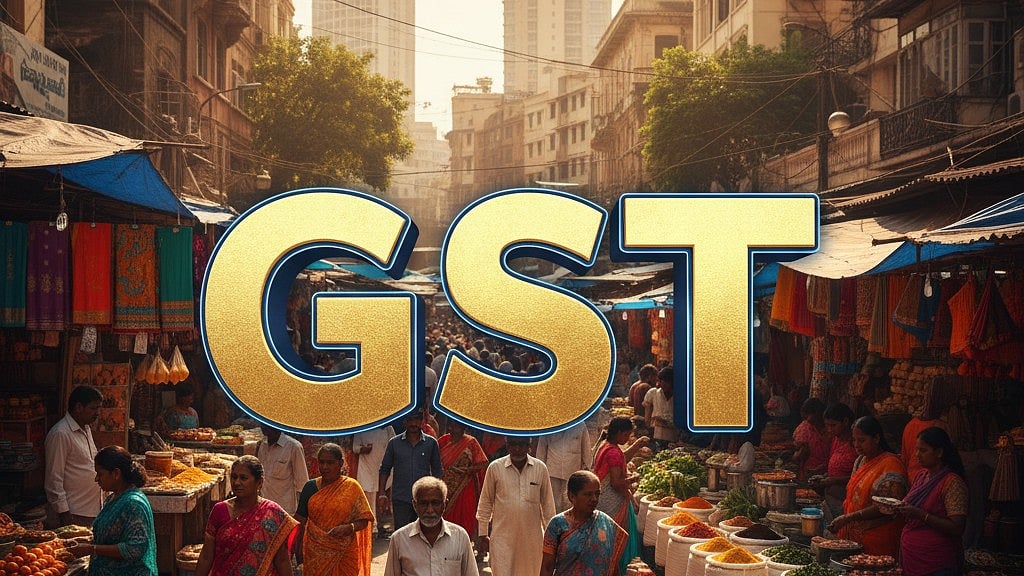According to the latest LSEG-Ipsos Primary Consumer Sentiment Index (PCSI) report, India has demonstrated remarkable stability and resilience amid challenging global economic conditions. With a national index score of 57.0 in September, India remains nearly at par with its August score of 57.6. This consistency has helped India maintain its position as the second highest-ranked country on the National Index, edging out Malaysia to secure a spot among the top 30 countries.
Consumer sentiment in India has remained stable throughout September, showing no significant changes from August. This steadiness comes despite tough macroeconomic factors such as the global economic slowdown, the impact of Trump-era tariffs, and stricter immigration and job policies introduced by the Trump administration.
The report highlights that along with India, 11 other countries achieved a National Index score at or above the 50-point threshold. These countries include Singapore (54.4), Sweden (54.4), Malaysia (54.1), Australia (53.9), the Netherlands (52.8), Mexico (52.7), the United States (52.4), Indonesia (52.3), Brazil (51.7), Poland (50.6), and Ireland (50.0).
Conversely, four countries recorded a National Index score below the 40-point mark: France (39.9), Japan (37.3), Turkey (35.4), and Hungary (34.7). The Global Consumer Confidence Index is calculated as the average of all surveyed countries’ individual National Indices.
This edition of the report is based on a monthly survey conducted between August 22 and September 5, involving over 21,000 adults under the age of 75 from 30 countries, using the Ipsos Global Advisor online platform.
Commenting on the findings, Suresh Ramalingam, CEO of Ipsos India, said:
“Consumer sentiment in India has stabilized in September, following the anxiety and sharp decline witnessed in August. While global issues like Trump-era tariffs have had little direct impact on the average Indian consumer, domestic developments have played a key role in restoring confidence.”
He further noted that the government’s announcement of the GST 2.0 reforms, effective from September 22, could bring relief and optimism among consumers grappling with the high cost of living, despite some easing in food inflation.
“With the onset of the festive season — including Navratri, Dussehra, Diwali, Bhai Dooj, and more — consumers are likely to channel their savings from GST 2.0 reforms into festive shopping and big-ticket purchases. This is expected to drive higher demand across retail channels, benefiting both traders and brands,” Ramalingam added.
He also emphasized the importance of domestic consumption as a strong engine for economic growth:
“The rationalization of GST rates is a significant win for consumers, with the new standard slabs set at 5% and 18%. For instance, the reduction in GST on passenger cars from 28% to 18% will result in considerable savings — one of many examples of how these reforms are creating a more favorable economic environment for both consumers and businesses.”
Overall, India’s continued consumer confidence amid global and domestic challenges signals a positive outlook as the festive season approaches, supported by policy reforms aimed at boosting economic activity and consumer spending.
https://www.news18.com/world/india-retains-its-position-as-global-leader-in-consumer-sentiment-ws-l-9592553.html



